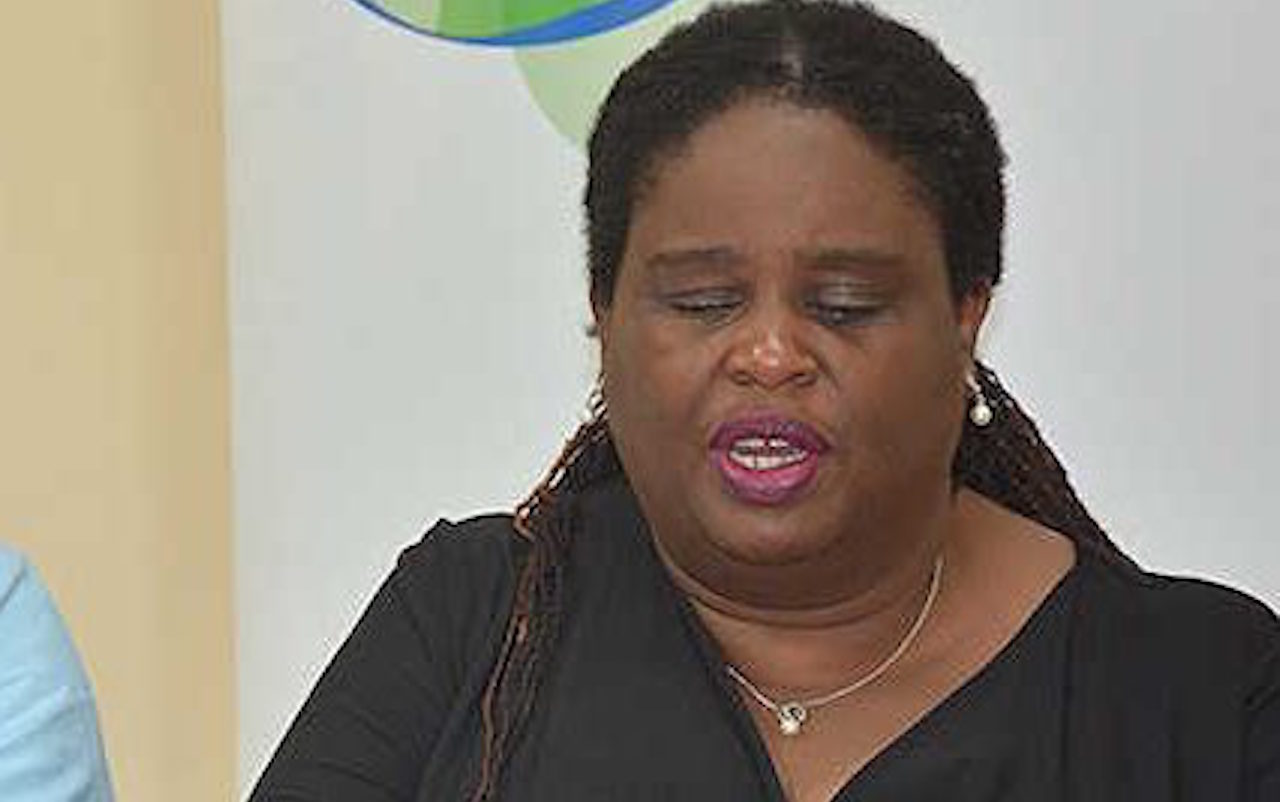Representatives for people living with disabilities in Barbados and the rest of the Caribbean are not convinced that the authorities are doing enough to include them in various aspects of the political and economic development of the society.
They have indicated that while some measure of work has been done in that regard, they were certain regional countries will not meet the 2030 United Nations Sustainable Development Goals to include people with disability, and they have put forward several suggestions.
Singling out goal number 4 which speaks to quality education for all, former President of the Senate Kerry-Ann Ifill said: “We are not on target to meet that goal. COVID has not done us any favours, but we would not have been on target for that goal in any event. There have been several improvements but it is not as a region. I think we need to take a more regional approach.
“There are very few training programmes that specifically address teachers of special education.
Braille, for example, is not on a decline in the Caribbean, it is almost defunct and braille reading is essential to any blind or visually impaired student. Likewise, sign language is essential,” said Ifill, who has a visual impairment.
She said there was need for more people with disabilities in academia, to speak out more on issues affecting the disabled community.
“We cannot expect others to speak for us if we do not speak for ourselves. If we do not participate in academia then we cannot lead by example and teach the other children and adults with disabilities out there. We cannot give them the accommodation if we are not part of the process,” she said.
Ifill said there was also need for the creation of more entrepreneurial opportunities for people with disabilities, adding that funding should also be made more available.
She was addressing an afternoon session on the final day of the 22nd Sir Arthur Lewis Institute for Social and Economic Studies’ (SALISES) annual conference on Thursday.
Ifill, who served as a senator under the last Democratic Labour Party (DLP) administration, also pointed to the need for methods to improve independent and equal access to the right to vote for persons with disabilities and strategies to improve opportunities to allow them to run for elected public office.
“Too often our consultation is sought at the last minute. Too often, our input is only sought when it is recognised that we are forgotten. We should not be included as a last step but rather upfront, because we occupy the space of 80 per cent of the underemployed,” she said.
“Our organisations, community groups must stand up and speak out about how we wish to be included. Interact with our governments, share with them our manifestos – outline the provisions that we want to see and that we need, and most importantly, work hand-in-hand to see the amelioration of the situation,” she said.
Also saying he was not convinced countries would not meet the UN 2030 SDGs to include people with disabilities, Jason Ricketts, Research Assistant at the UWI Centre for Disabilities Studies, said while a lot has been accomplished over the past two decades there is still a lot of work to be done.
He pointed out that too many schools remained inaccessible. He called for the school curriculum to be changed because what currently exists was heavily visual-based from the kindergarten up to the CXC level.
“With nine years to go I don’t see how the targets can be met. What is important and what we need is that for every Caribbean country there needs to be strong legislation that deals with access to education,” said Ricketts.
He added: “A lot of subjects, for example, the sciences and Mathematics are heavily visual based and as such persons with disabilities even though they would want to venture into career paths down that road they are unable to because most of the content is visual-based.
“What we think can be done is to translate books into Braille for these individuals as well as get them on audio and place into soft copy . . . and we are able to use the technology to navigate the material without depending on sighted individuals,” he recommended.
Calling for examinations to be configured for those who are visually impaired, Ricketts said other countries including Canada, the US and UK had gone that route.
“We believe more educational institutions must be built geared towards skilled training.Incentives can be an option to get individuals trained in the system and lighten the workload on the overburdened teachers and this could be done by offering scholarships for prospective individuals,” added Ricketts. (MM)




